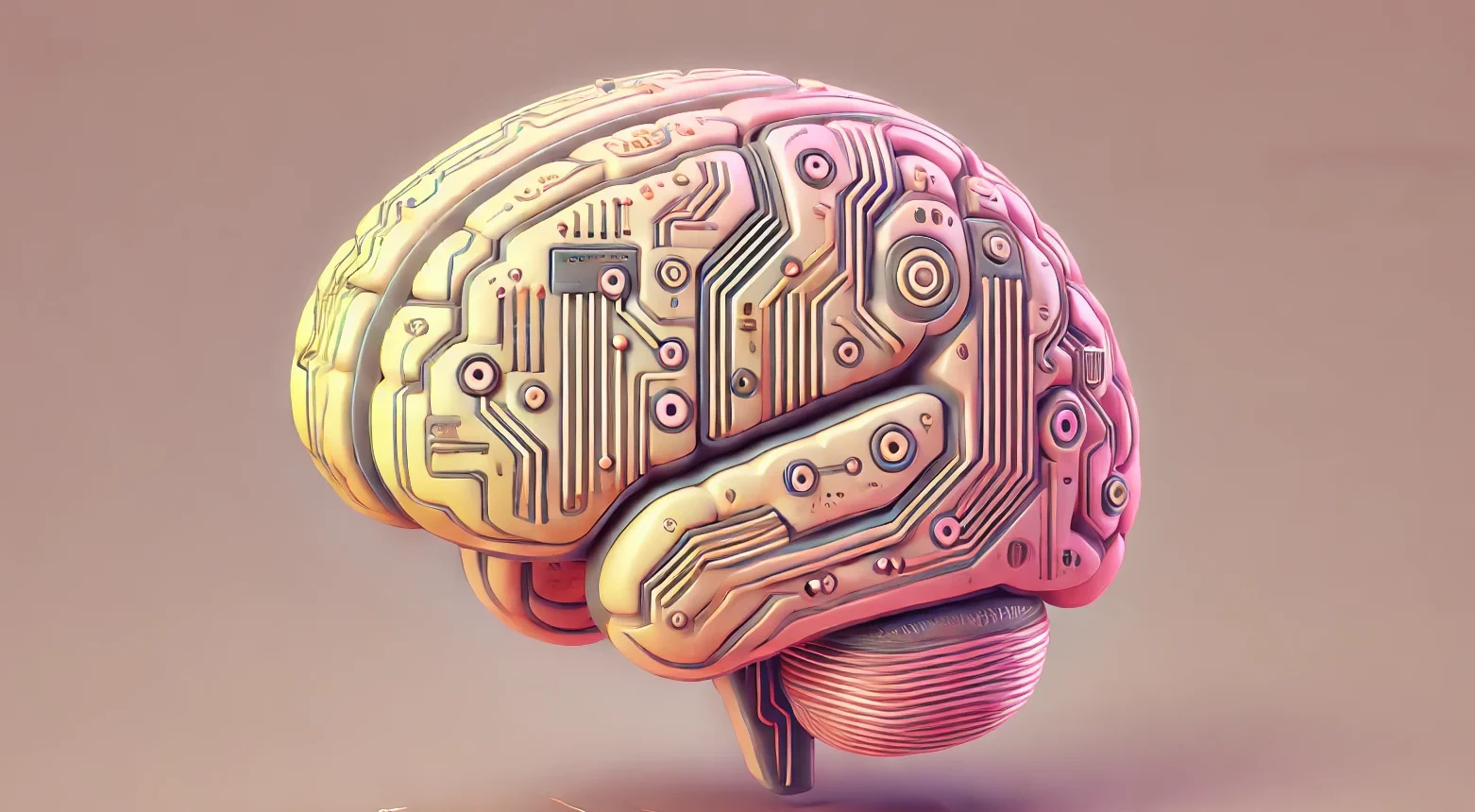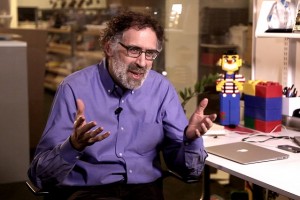Mirror Neurons
Neuroscientist Antonia Hamilton on transcranial magnetic stimulation, social relationships, and why people wit...

What are the limitations of our consciousness? Do we need to seek consciousness in machines? Should robots suffer just like humans do?
Consciousness is not exclusively a neuroscientific concept. There are centuries of research behind it within philosophy, much less within neuroscience. So, the right question is: What serves as the explanandum, what needs to be explained? The answer could be that they are not explaining consciousness; they only deal with sensory perception or attention.
Another theoretical approach to this problem within philosophy is to ask what counts as an explanation. Neuroscientists might have some ideas about what consciousness is and, at some point, might claim that they have explained it. In such a case, the philosopher’s task would be to ask what is meant by “explanation.” This helps to understand whether they have an explanation, are just claiming to have one, or possibly whether the explanation of consciousness can exist. Thus, philosophy can be seen as a science of concepts, a theoretical science.
Given all this, it is important to understand that the current situation is complex. The boundary between empirical and theoretical questions can no longer be precisely determined.
The modern understanding of consciousness began with Descartes, who, in 1650, shattered all previous notions of human perception with his concept of cognitive consciousness. Descartes’ famous idea is that the body is extended in space, made up of parts, and thus can be divided. The mind has no spatial attachment and cannot be divided. This notion laid the foundation for the mind-body problem. Conscious experience is one aspect of the modern understanding of the mind-body problem.
It is crucial to question the importance of such studies. One must understand that this is just a small tradition in Western philosophy where consciousness has become a significant issue. For example, people from South America or China might not consider this question. So, of course, this problem is relative. But again, there is a significant difference between being awake and under anesthesia.
Another problem is “the now problem.” Perhaps not everyone notices, but the content of our consciousness is neither in the future nor in the past, but always in the present. Even if you have a plan for what you will do tomorrow, in your head, there is a conscious mental situation of “now.” Even if you recall something that happened to you at age six, you still have a conscious memory of “now.” Thus, any conscious experience is always in the present. We need to understand what this means.
The third problem is “the reality problem.” Why does everything around us look so real? Why is it, not just my consciousness but reality? For example, many people think they are opening their eyes and seeing coloured objects. Of course, we all know from school physics lessons that there are no coloured objects in the world. Every time you experience the sensation of red or green, you are experiencing just a model constructed by your brain, a model of a tree or an apple in your hand. All these qualities (redness, saltiness, coldness) are the walls of the ego tunnel. This is not the case for reason or knowledge, but conscious experience (colours, sounds, feelings) is defined in our heads. Our knowledge is not, social interactions are not, and culture is not, but our subjective experience is defined in our heads.
It is a very interesting problem — why does someone have this specific experience (why is this your thought, and not just a thought; why is this your experience, and not just an experience; who is the “I” experiencing this)? The most difficult question is whether it is possible to naturalize first-person experience. Can we achieve a simplified scientific understanding of this environment and these internal networks? There is not only a model of reality with colours and sounds but also someone experiencing it.
Modern research shows that conscious experience involves a significant amount of self-deception. For example, if you look at your children, you will automatically perceive them as smarter and more beautiful than other children. This is not your opinion or judgment — you see them that way. We often do not even realize how biased and subjective our perception is. It constructs the world we live in. And fortunately, it looks so real.
What would reality be like if a person could perceive it in all its complexity? It would mean having sensory organs for cosmic radiation, ultrasound — everything. We would need very strong cognitive abilities just to process all this information. I believe that the strength of conscious experience lies in reducing the complexity of reality; it is a powerful filter of the external world that we simply need. Otherwise, your brain would need to process all this information. Perhaps such things are physically impossible for a being with a physical body.
The question is rather different: is artificial consciousness possible? It may be impossible because only beings with a biological body and metabolism can experience conscious experience. But if it is possible, what will it be good for? Why did consciousness arise? Why would machines need to experience conscious experience?
The research community studying consciousness is addressing these questions. Perhaps consciousness is just a side effect with no consequences. However, some factors work faster with consciousness than without it (for example, the learning process). Learning from your mistakes is always faster and more effective when conscious. Consciousness is a high level of intellectual flexibility, the ability to quickly change your behavior, not be a machine.
It is a common philosophical misconception to think that the distinction between artificial and natural is exhaustive and exclusive. For example, recently, we increasingly encountered artificial neural networks. They operate on the principle of biological information processing on artificial “hardware”: computers are artificial, but the way they learn or see is biological. On the other hand, humans have started using whole animals as “hardware” for work: computer chips are implanted in rats or cockroaches. So, they have a small artificial thing in their brain, but the whole body is biological. This can be considered the beginning of historical changes: soon, we will see cyborgs — people with many artificial parts or genetically engineered biological “hardware.” Soon, children can use the internet or tablets before they learn to read and write. Perhaps the distinction between artificial and natural minds and senses will completely disappear for these children. This is a very dangerous situation.

Neuroscientist Antonia Hamilton on transcranial magnetic stimulation, social relationships, and why people wit...

Professor Mitchel Resnick on ways to transform education, the Lego Mindstorms, and the idea of constructionist...

Sociologist Viktor Vakhshtayn on competition between scientists and experts, the survivorship bias, and the me...